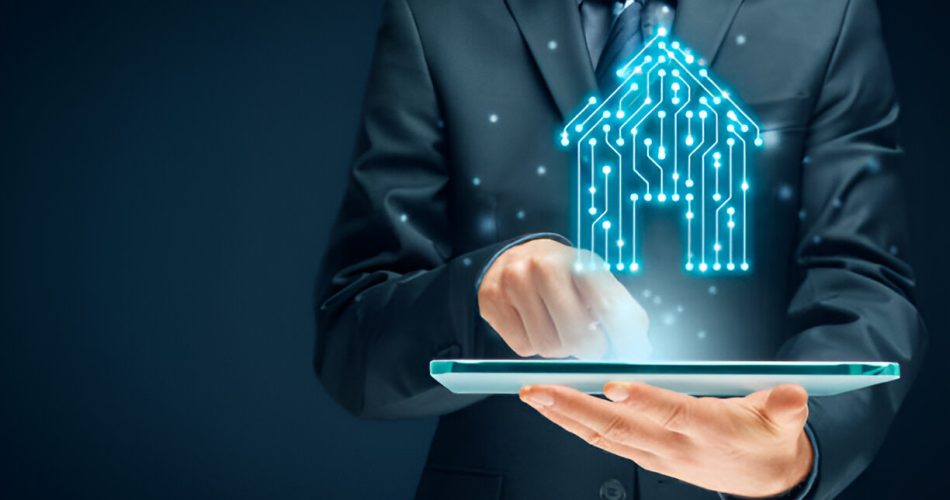The concept of a “smart home” has evolved from a futuristic fantasy into a defining feature of modern real estate. As technology continues to reshape the way we live, the integration of smart systems into residential properties is rapidly becoming the new standard. From voice-controlled lighting to energy-efficient automation, smart home technology is transforming not only the way homes function—but how they’re bought, sold, and valued.
Here’s a look at how smart homes are shaping the future of real estate.
1. Smart Homes as a Selling Point
In today’s market, buyers are looking for more than just location and square footage—they want technology. Smart features like security cameras, automated thermostats, smart locks, and lighting systems are highly desirable. Real estate listings that include smart home integrations often attract more attention and can even command higher sale prices.
Key Smart Features Buyers Love:
-
Smart thermostats (e.g., Nest, Ecobee)
-
Voice assistants (e.g., Alexa, Google Assistant)
-
Automated lighting and window shades
- Motorized luxury roller blinds with pelmet
-
Security systems with remote access
-
Smart appliances and energy monitors
2. Increased Property Value
Smart home upgrades are increasingly seen as investments that enhance a property’s market value. Much like a kitchen remodel or a new roof, smart features offer real ROI—especially when integrated seamlessly and designed to improve convenience, safety, or energy efficiency.
3. Energy Efficiency and Sustainability
Popular Green Tech:
-
Smart irrigation systems
-
Solar panel integration
-
Energy consumption tracking apps
-
Motion-sensing lights and power outlets
4. Remote Management and Convenience
Smart home technology allows homeowners to control and monitor their property from anywhere. Whether adjusting the temperature on the go or checking doorbell camera footage while on vacation, this remote access is redefining what convenience means in homeownership.
For landlords and property managers, smart locks and sensors streamline entry, security, and even maintenance alerts—enhancing tenant satisfaction and operational efficiency.
5. Appeal to the Next Generation of Homebuyers
Millennials and Gen Z buyers, who grew up with technology, naturally gravitate toward smart-enabled homes. As this tech-savvy generation dominates the housing market, smart home capabilities are no longer optional—they’re expected.
6. Integration with Real Estate Platforms
As smart homes become more prevalent, real estate platforms and agents are adapting. Listings now highlight smart home compatibility, and some even include virtual tours showcasing how tech features operate. Smart home readiness may soon become a standard checkbox filter for buyers.
7. Challenges and Considerations
While smart home tech offers many advantages, there are also important considerations:
-
Privacy and data security: Devices that collect data must be secured properly to prevent breaches.
-
Compatibility issues: Not all devices work together smoothly—buyers may seek fully integrated systems.
-
Maintenance and obsolescence: As tech evolves, systems can become outdated, requiring regular updates or replacements.
Final Thoughts
Smart homes are no longer just a trend—they’re the future of real estate. As technology continues to advance, homes will become even more connected, efficient, and adaptive to our lifestyles. For buyers, sellers, and investors alike, understanding and embracing this digital evolution is key to staying competitive in an ever-changing market.
Whether you’re upgrading your current property or searching for your next home, smart technology isn’t just enhancing real estate—it’s redefining it.
